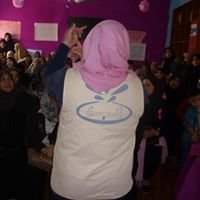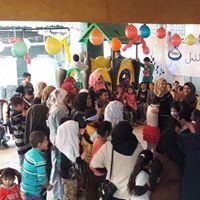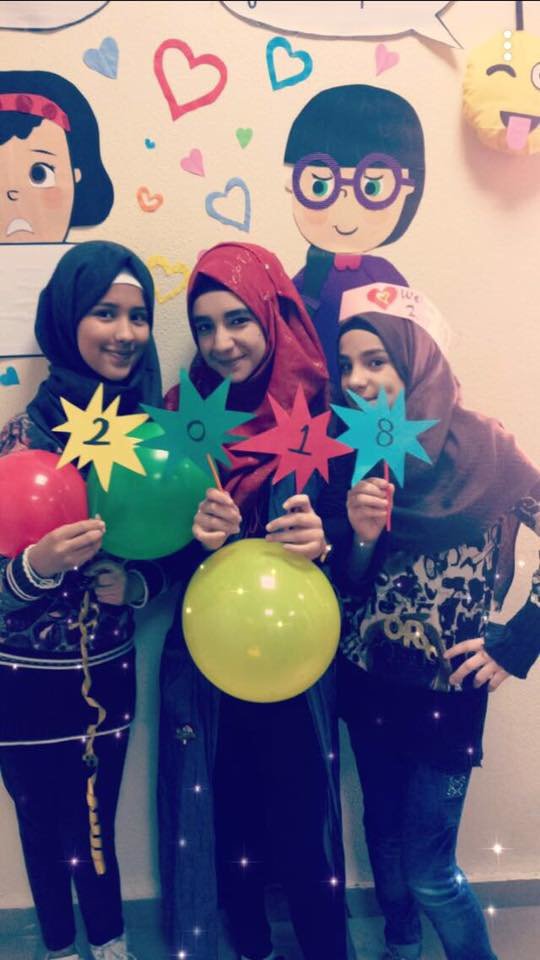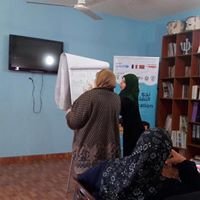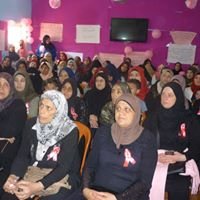By Hiba Hamzi | Program Coordinator
Background during and after the implementation of the project; The Syrian refugees in Lebanon have to contend with a range of economic and social constraints and difficulties, such as restrictions on the ability to work in many professions. This leaves the majority of the refugees in Lebanon underemployed or unemployed, unable to ensure a sustainable income and suffering from the social problems that rise as a result. This is exacerbated by the prevalence of traditional cultural issues, such as women being economically dependent on men.
The marginalized position of girls within the Syrian community in Lebanon means that they are the most vulnerable, to the consequences of the poor socio-economic situation. Due to the local culture, most of women inside the informal refugee camps are not allowed to be enrolled within the labor force or to continue their secondary education. To overcome this issue, women are selecting some majors like sewing, hairdressing, embroideries and handicrafts that they can work inside their houses or in the Women Programme Centers which are well trusted by the local community.
Finally, based on the participatory rapid assessment conducted by Naba’a on November 2018, North Lebanon, the most highlighted findings are;
- The participants mentioned that the girls are the most targets for the assault and sexual harassment.
- According to fears of girls, they have been kept at home by adults in order to protect them from rape.
- Sexual violence can occur in several areas such as on the edge of villages, on the streets which include the way to the school and work, public places, and by taxi drivers.
The most highlighted recommendations raised in the PRA;
Naba’a Achievements; During the last period, We seek to empower adolescent girls living in marginalized communities to access opportunities to realize their potential, develop and grow in a safe, healthy and inclusive environment, so that, they can take decisions that effecting their life, particularly in continuing their secondary education and to be protected from early and force marriage. The main implemented intervention, highlighted as follows;
1. Capacity development through a training workshop to develop the capacities of the core group 14 mothers, 14 girls and 6 fathers in conducting awareness sessions through peer to peer education strategy.
2. Needs assessment: by implementing focus groups with both Syrian and Lebanese communities' to discuss early marriage issue in their opinion (reasons, factors to get married earlier, common age for marriage, suggested ways to mitigate this issue ) to validate participant awareness concerning this issue that need to be addressed and identified using the peer to peer education approach.
3. Awareness-raising by carrying out 24 peer to peer awareness sessions implemented by the core group of fathers, mothers and daughters to create awareness among 2500 girls, 2500mothers and 340 fathers, in addition to outreach awareness activities on early marriage, gender based violence and education.
CASE STUDY
Age: 17
Nationality: PRS
Status: married
Family: 2 (3 years girl, 5 years boy)
About the wife:
The wife lives with her family consisting of husband and two children in a rent house, she suffered many problems in her life since she was in adolescence, she suffered from sexual abuse from her uncle who asked her to keep silent in order to preserve the dignity of the family.
She get married when she was 17 years old, her husband does not have identification papers he escape to Lebanon because of the war in Syria.
The second problem is that her second child was born in the camp and was not able to register him so they feel ashamed that their children have no identity papers .beside of this she suffered from violence from his husband and she keep silent because in their traditions the husband has the right to do anything to his wife .
The wife know someone who helped her in home in the absence of her husband, which started to a romantic relationship and then turned into a sexual relationship, and after a while her mother know about this relation, so she asked the husband to move to another place .the wife felt lonely and boring, she hated her family and crying all the time which making her try to suicide several times. After she get treated in the hospital, she get back to home to continue her life with her family even she get bored she had emotional deprivation from her husband and family side, let her seek for another person to saturate her needs. She is now living in Loss and the conflict between conscience (her mind) and heart (her desire), because she can't live without her children conversely she don't want to live with her husband.
Economic situation:
Very bad
Social situation:
The relation between the wife and husband: very bad she hates him and didn’t want to live with him.
The relation between wife and her family: her relation with her mother very good ,she told her everything about her feeling ,and regarding to her father the relation is very bad .
The relation between her and her children: she loves them but because of them she can't leave her husband .
The problem: depression
Links:
Project reports on GlobalGiving are posted directly to globalgiving.org by Project Leaders as they are completed, generally every 3-4 months. To protect the integrity of these documents, GlobalGiving does not alter them; therefore you may find some language or formatting issues.
If you donate to this project or have donated to this project, you can receive an email when this project posts a report. You can also subscribe for reports without donating.
Support this important cause by creating a personalized fundraising page.
Start a Fundraiser